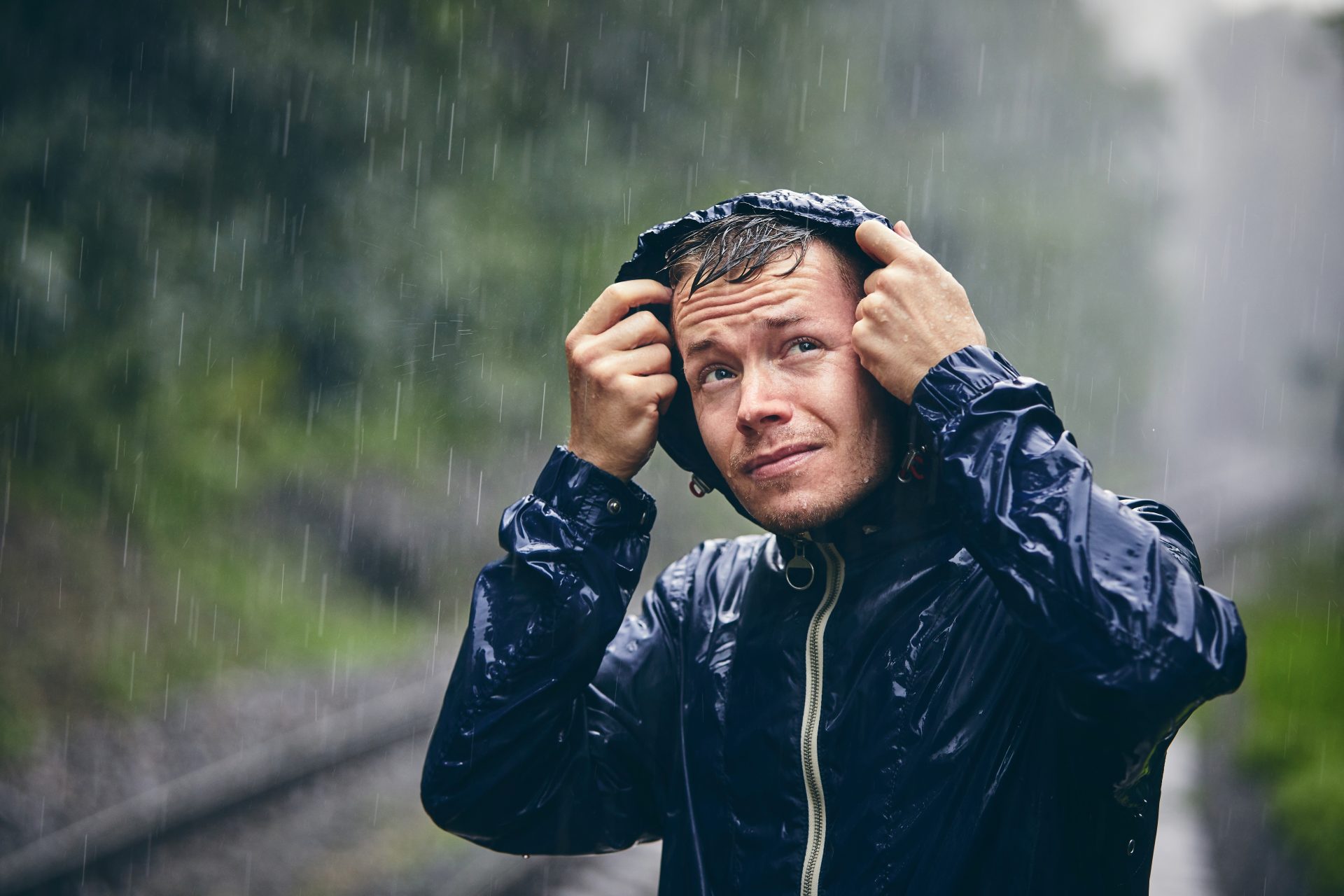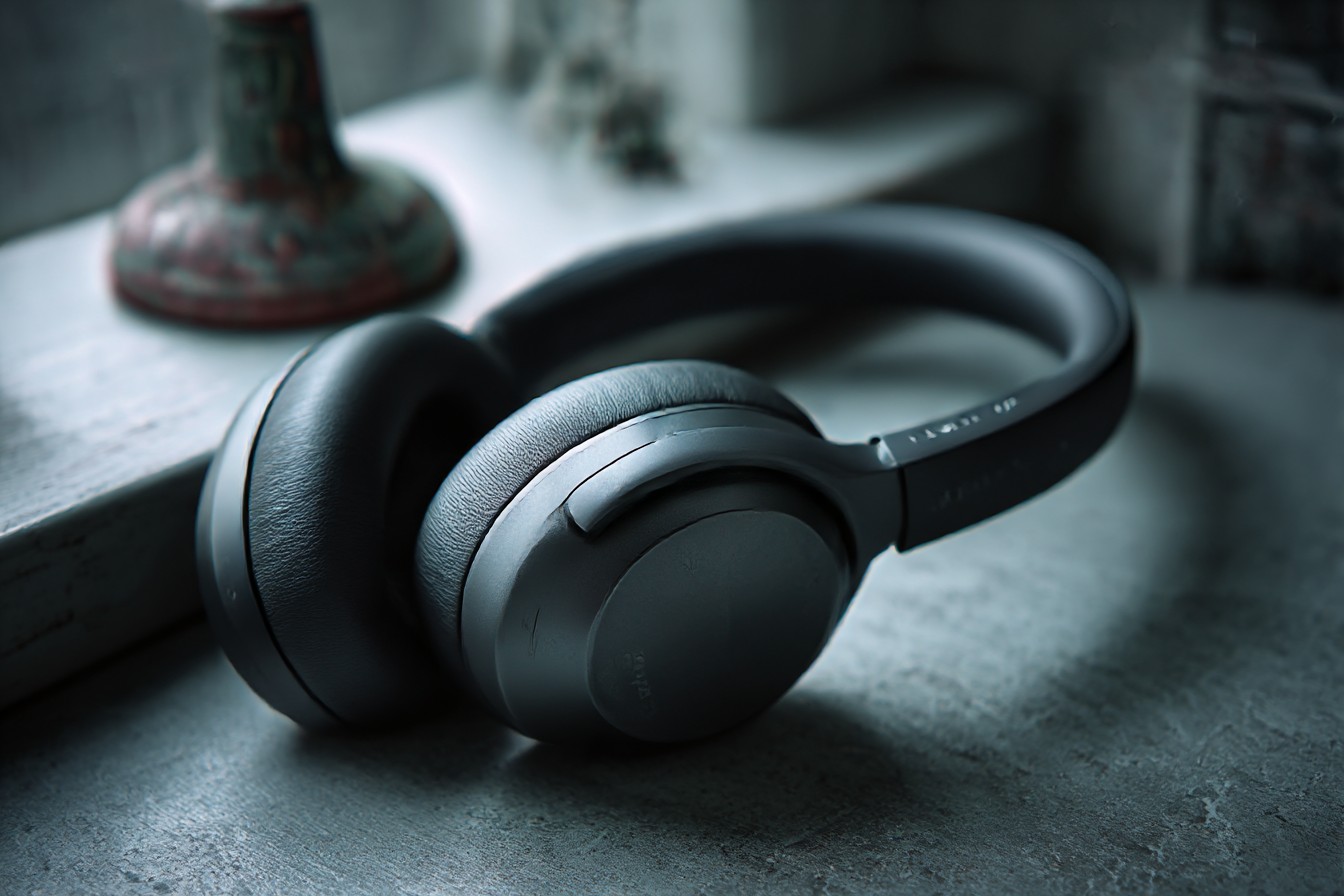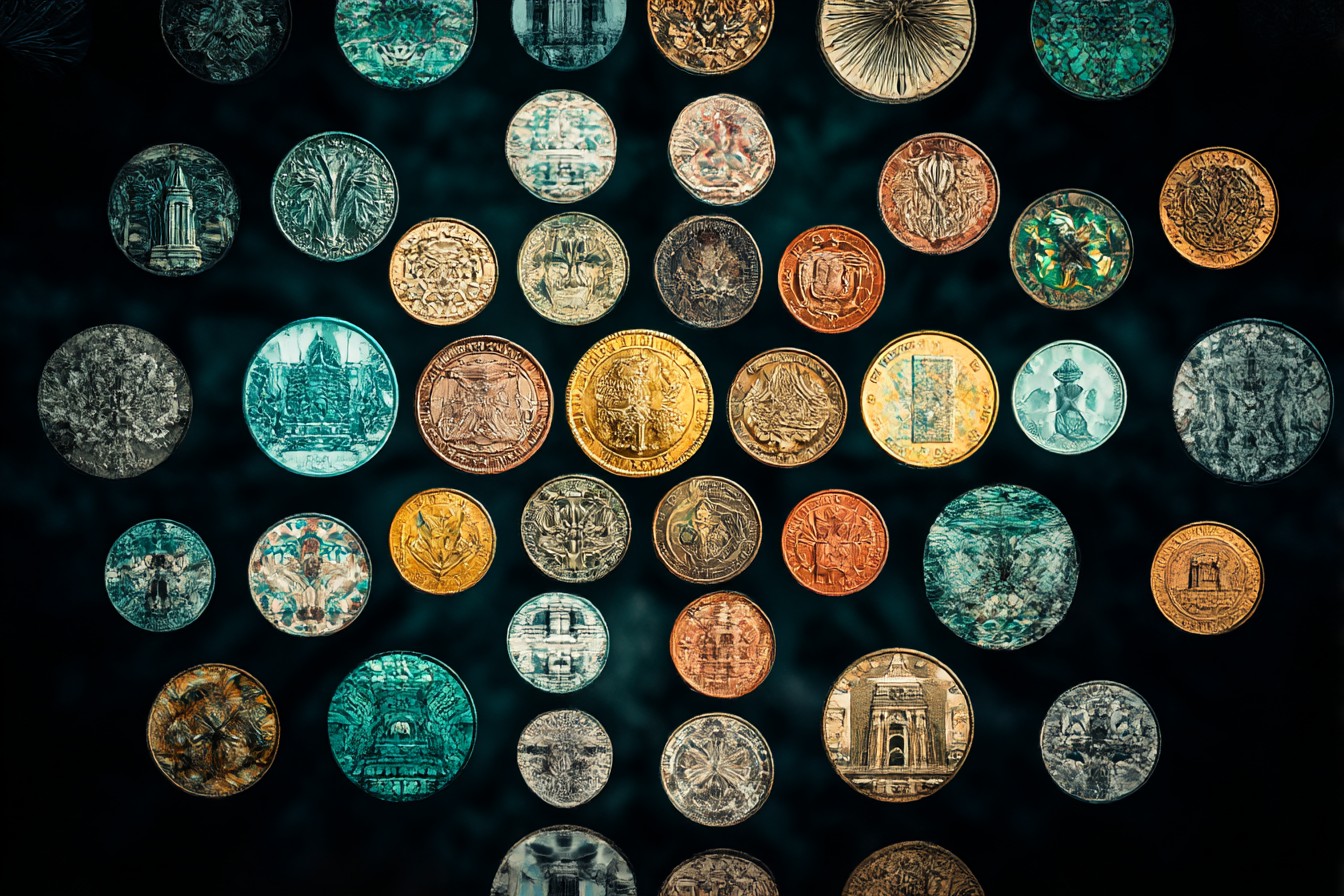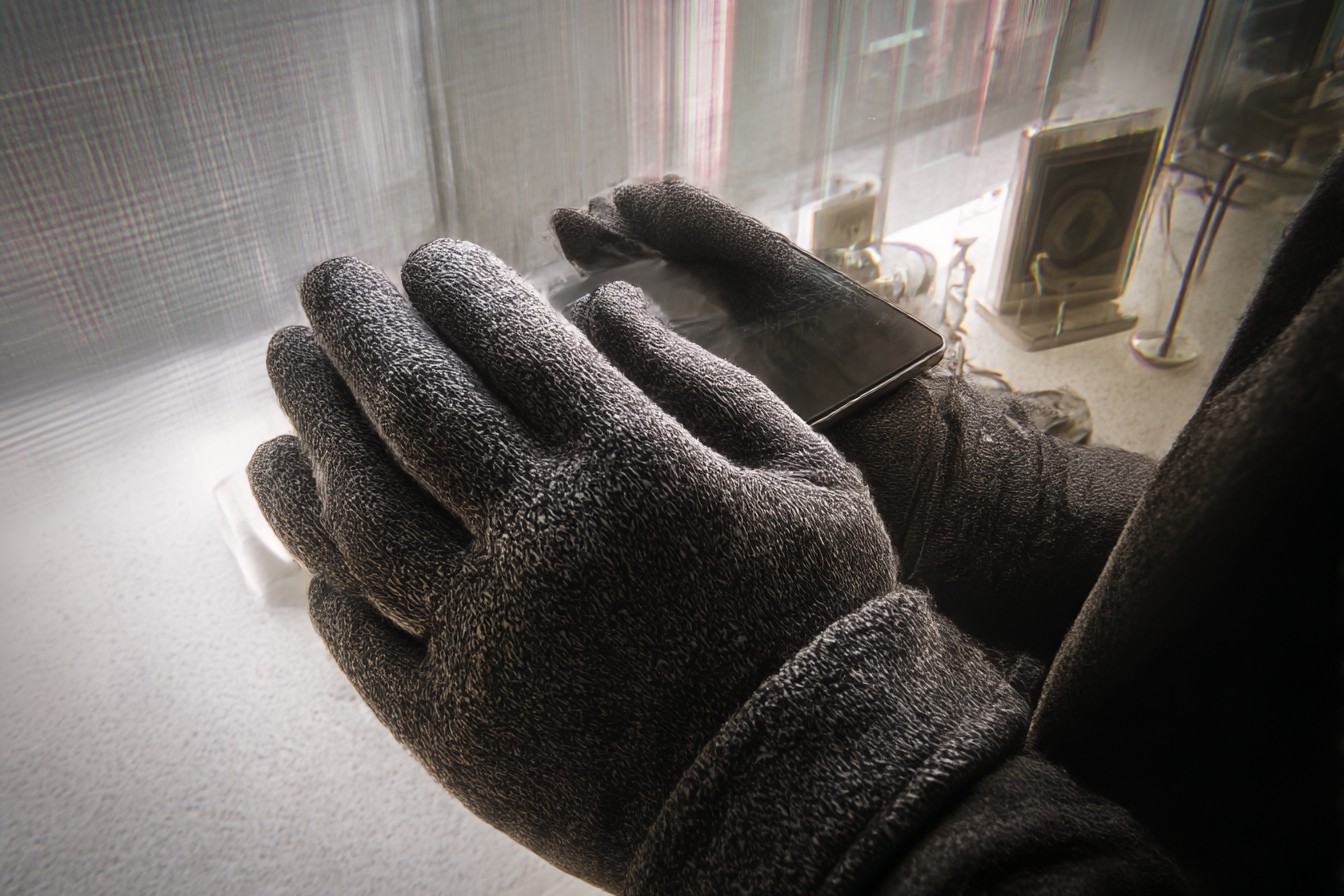Last Tuesday, around 3 PM, I was sitting at a bus stop on Madison Avenue. Water was still cascading off my hair, soaking both my shoes and the lower quarter of my slacks. It puts my body in such a “wet” state, where “good” isn’t the word to describe my feelings, especially after getting roasted by the Monday Sun.
Turns out, that spectacular orb doesn’t face off either. This is my Sun on the 0% chance of rain which is a 20-minute check of the weather gets me a sight of “that” display. Nature is truly a woman scorned and should bear the brunt of such diabolical theatrics. No wonder, I at least have my phone because in a moment like this, who wouldn’t want to document such absurdity?
This, however, was far from an isolated scenario. “Oh, I’d never trust you grants of life,” I said out loud because well, truly, it wasn’t stunning life. It’s astonishing to even have the diligence to ensure there’s no active flooding whilst taking an everyday stroll. Then comes along…this.
Repetitive showcases like these, however, are mistaken only for an individual pent-up monsoon of sobriety. This isn’t even tapping the expansive ocean of ghastly four-letter words ready to stain weather apps courtesy of outbreaks of inhumane cruelty brought forth via modernization.
Throughout my years of existence, my expectations have become quite low, to put it mildly. I do not expect politicians to fulfill their promises and consider it naive if I think that airlines will be punctual.
Even my dog-owning neighbor has stopped picking up after his pet, regardless of the signs and my less-than-subtle eye-rolls. Still, in my boundless naivete, I did expect a weather app which has access to satellites, radar, and every other meteorological expert gizmo out there to inform me if the sky was likely to pour water in the next hour. It seems that, time and time again, my expectations lead me to disappointment.
Consider the facts: Three months ago, a picnic was planned when the skies were clear and the temperature was a lovely 75° F, according to weather reports. The picnic took place in a small park in San Francisco with a small ensemble of people on a picnic blanket and with a spread consisting of several dishes I had personally prepared. These dishes included some overpriced cheese I had bought, that I tried to convince myself was cultured instead of simply moldy like outdoor picnic cheese tends to be, fancy crackers that were seconds away from crumbling into dust, and an intended-for-picnics charcuterie board that had morphed into a projectile platform.
Then there was the infamous heat wave that wasn’t located during my trip to Chicago during the summer. With information that the weather for this particular forecast would be “close to the Venus surface”, i.e. 107°F and much more humid than even the Sapranos. I chose to pack my light clothing, which was even more copious in number evidently, and enough antiperspirant to fill an Olympic-sized swimming pool.
When I got there, the voice of a local on the airport intercom gave me a warm welcome while boasting that the temperature was a pleasant 60 degrees with a drizzle that did not fully soak me, as if intentionally crafted to enhance discomfort. To my surprise, I spent three days in Chicago enduring weather that resembled an overcast day in the Midwestern region, while my wardrobe seemed perfectly fitting for a Miami nightclub. After the Soaking Incident on Madison Avenue (as I like to call it), I set out to tackle the mystery surrounding weather apps.
I’m sure you’ve come across those computer programs with bold proclamations of a 100 percent chance of rain that comes accompanied by bright animations. None were as lackluster as the app I used which nowhere stated the 100 percent chance of rain that led to the soaking. In the rest of this article, I’ll tell you about what I found.
These are incredibly astonishing. For a moment, I tried reasoning about the technology behind it. Understanding the weather appears to be anything but straightforward, requiring one to analyze factors like atmospheric pressure, temperature gradients, wind movement, and a bundle of other variables that seem to have been fabricated just to torture high school students in science class.
In today’s world, we tend to be more expectant of true forecasts, and we expect them to be accurate. In fact, nature usually outperforms meteorologists by a mile. My next heretical hypothesis focused on sinister reasoning: advertising funds.
As most digital services that have no charge, weather apps rely on advertisement and the selling of customer information to third parties. The longer they can keep us glued to the screen, the more they can advertise for things like boots, air conditioning units, or anything else that their algorithms believe will result in Michael Scott-like impulse purchases. If the app was accurate all the time, we wouldn’t check multiple times a day.
Consider the conversation that would take place internally if the app had flawless accuracy: “Okay, 3 PM sharp is when the rain is expected, great note by the app, I won’t open it until tomorrow.” I came to the conclusion that there is definitely something sinister regarding how developers of these applications profit from our anxiety related to the weather.Even this, after all, seemed harsh on weather apps as a mere marketing ploy. It felt too weak to account for the magnitude of the deception. That’s when I hit upon what I believe is the actual answer: American citizens have been targeted in a psychological warfare campaign by their very own weather applications.
Preparedness is one thing, but the aftermath of reality, being drastically disparate, creates a certain psychology.
After a certain number of bogus proclamations, there is the sense of enfeebled empowerment, no longer believing that one can prepare for anything. We grab our umbrellas when the sun is blaring down, but leave them at home when it’s pouring.
We also become over complicated. We dress in t-shirt attire while it’s subzero temperatures outside. Where once there was heated t-shirt wearing enthusiasts, there now is, well, a confused, aimless, bodiless surge.
Reality becomes the political puppeteering force, as one unable to grasp any semblance of control.
Who benefits from this?
The withstanding weather-corporational syndicate. The uncompromising makers of emergency ponchos that don’t provide the semblance of shelter and dry weather protection. Absolutely no protective non-contraptual shielding shielding while exposing people to the elements.
Super luminal frisbees masquerading as compact umbrellas also join as accessories by sellers. At best, these flimsy contraptions would serve as pocket weights.
They sell clothes as per the season but never take into account the actual weather. This is blatantly preposterous. Furthermore, the cruel joke of the weather gods plays a role here.
Somewhere in the universe, there’s a secret weather central control that is monitoring what sensible people are doing around the world, and there’s a screen showing good people checking the weather apps which exists gelled. I can bet that the staff working there presses buttons named, “Maximum Disruption,” or “Exact Opposite,” or perhaps “This Person in Specific Should Regret Their Choice of Footwear.”
I have tested this theory well. There have been instances when the app predicts rain and I’m super ready with my umbrella, only for the day to turn out aggravatingly dry.
When I am ready for sunshine, it pours without warning. I was convinced I could cheat the system by disregarding instructions from the suggestions made by the app’s framework, but that hasn’t worked. I’m willing to bet that this two-fold scenario exists; first is within the population where every user relies on the umbrella, and second is within individual users who access the umbrella—they are perpetually stifled within the scope of the app, which I argue, and hoist the banner of the premise that design its users are rendered less intelligent.
What stands out at a first glance is how meticulously crafted every forecast is. Weather apps don’t just give vague approximations, they offer an elaborate forecast by the minute: “At exactly three forty-two PM, twenty percent chance of precipitation; accumulation poised at zero point one two inches.” Is that a real number? Or did they pluck it out of thin air because it sounds brilliant?
Whether or not these numbers are accurate, they do not mean anything when taken out of context. And if you take the context into account, the app isn’t any better than a Magic 8-Ball. In gridlocked attempts to validate precision, I have used various weather apps simultaneously, feeling one of them might prove themselves as the singular omniscient weather oracle amidst countless fakes.
Although their inaccuracies do confuse me further. One app says it’s going to rain, yet another claims the weather is good and prompts enjoyment outdoors. What’s the use of having so many weather apps anyway?
If I were to ask three children to explain who broke the vase, their explanations will only further complicate and astound their reasoning since each answer makes no sense. Trustworthy, it is not. A nauseating amount of judging the sky has to be done to even reach a conclusion.
With the dark clouds hanging around, thunder rolling in close proximity and sheets of rain on the prowl, morbid curiosity compelled me to check the app. To my surprise – better phrased as utter disdain – it proclaimed sunshine would be abundant and radiant all day!
At least in the list of suspicious endeavors from weather apps the complete absence of public apology or failure acceptance does top the list. Surely, not explaining agenda blunders is incriminating enough.
They simply alter the application to make it appear as if the prior forecasts did not exist, akin to a politician denying their prior quote only to now say the exact opposite. It’s like how Orwell’s weather app says, “we’ve always been at war with Eastasia,” while paradoxically changing from sunny to severe thunderstorms as you stand in what used to be your shoes. So what’s the answer now?
There are a few other options I could consider. I could give up completely on weather apps and strategize like a primitive caveman wrong by gauging which direction pets are hiding. Better yet, follow health indications my grandmother interpreted for me that could signal an impending rain forecast. Another novel idea would be to invest in clothes like those in science fiction novels that change with every conceivable narrative or climate.
I could instead hope to settle in a region where there’s no allowance for air pressure changes, which I suspect doesn’t even the Sahara can do. That’s my current plan: assume the weather app is guaranteed to lie and pack for every possible scenario. In my bag, I always pack my trusty umbrella and a sun one, alongside a light jacket, towel, and even the sun’s blocked out with sunglasses.
Now, I dress in layers so I can prepare for any weather conditions that may arise. I can be classified as a walking preparation station for weather changes, or a human Swiss Army knife for climate readiness. Some may label these actions taken due to prior experiences as learning-based paranoia.
I call it else—the cloud of stat-apps that we’ve become relies on the not too suspect interface of promise and prediction in relation to the day when bad weather around is the perfect cover for a hostage situation. So, am I inferring that the weather app is lying to us? Absolutely not. What I am trying to say is that the app is weather bordering on incompetence.
Just like a well-functioning government app, if the app does use low tempered serve us well and does not get us served in the process, we the people have certain rights that must be adhered to. In this case, unspoken truth about the elements demands being served upon us. I’m out to demand the real truth about what is happening with the elements outthere. Or, perhaps, from time to time, they surprise us with a reliable prediction, just like slot machines programmed to payout often enough to lend the illusion winning truly exists.
That’s the brilliance of the weather app conspiracy: even in knowing it exists, we still fall prey to checking it. Right now, as I am writing this, I can sense the temptation to check what the app predicts tomorrow will bring for me. And however ridiculous it all is, I know I will look.
There lies hope over experience. This is the weather app’s finest achievement.




